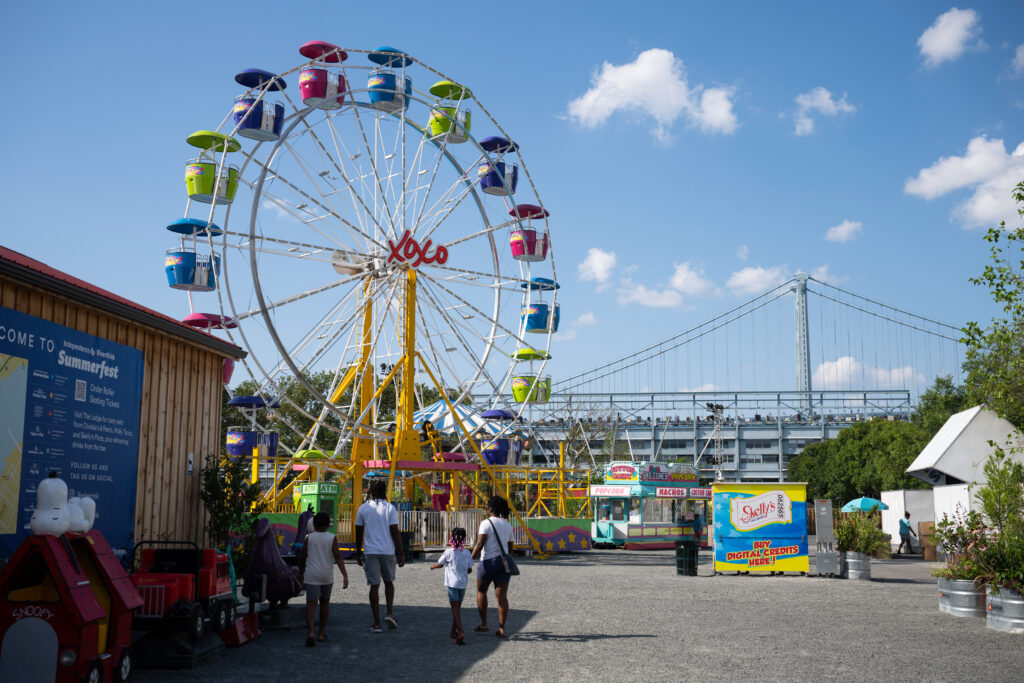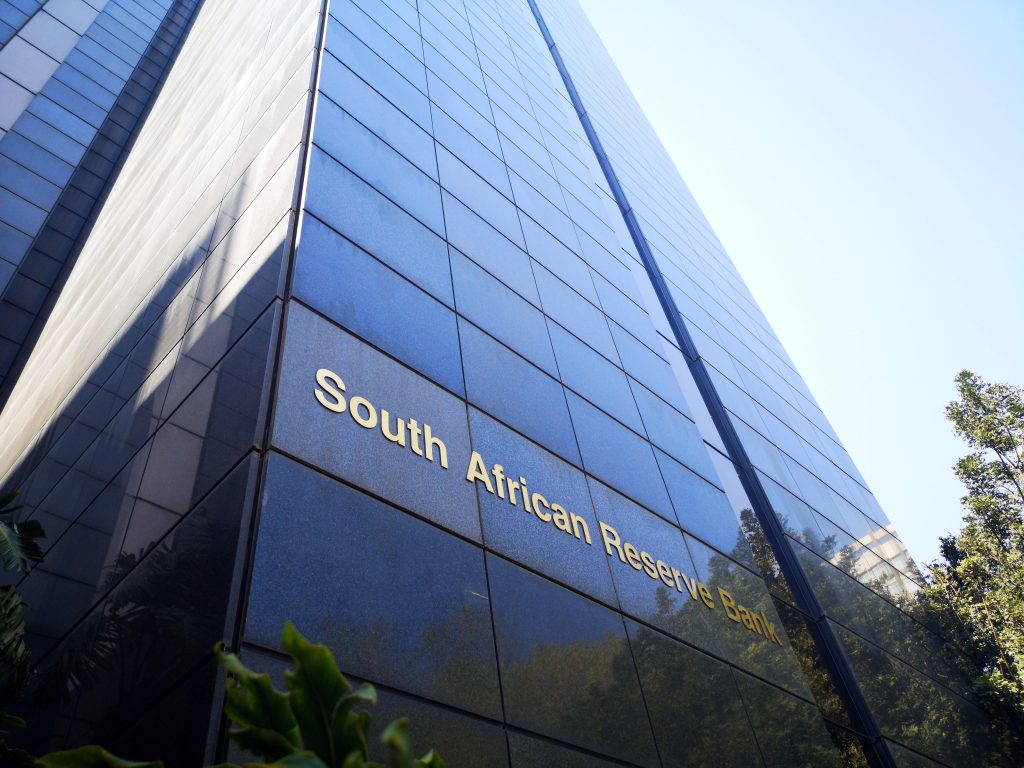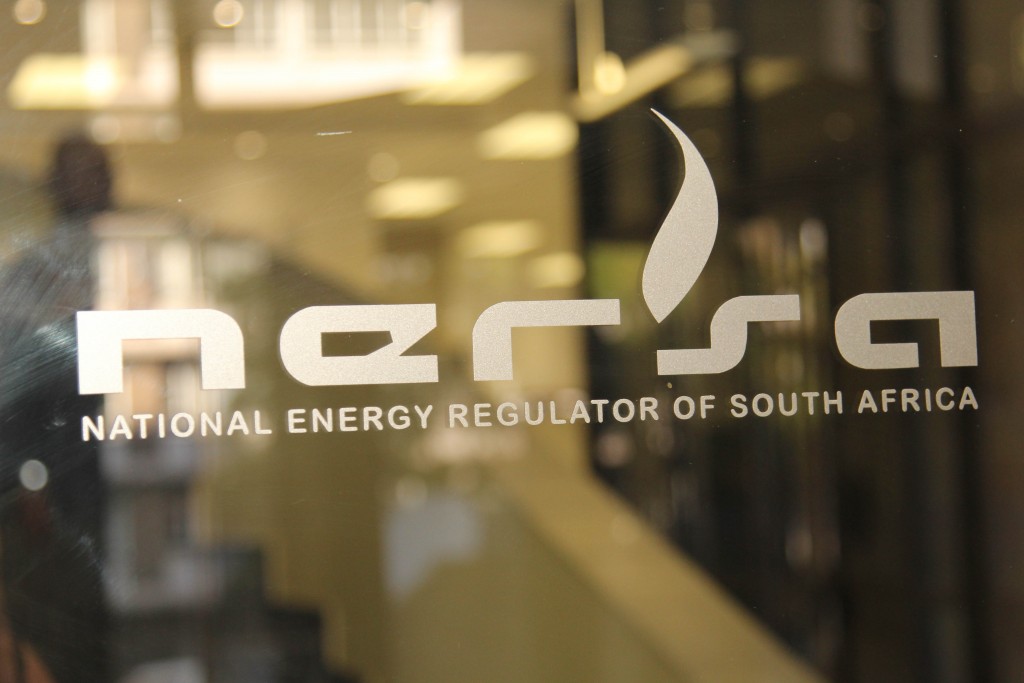South Africa enters spring with a split story it seems. Economic reforms in electricity and freight are beginning to show dividends, but governance turmoil and service backlogs are a reminder of how fragile progress remains.
At the same time, the country’s presidency of the G20 has thrust it onto the global stage, raising expectations that domestic delivery must match international ambition.
On the upside, reform tailwinds are finally blowing. Old Mutual chief economist Johann Els told me that stabilising electricity supply and incremental freight improvements are lifting sentiment. “With power delivery more reliable and port and rail frameworks loosening, the rand is becoming more stable in the medium to long term,” he said. That stability underpins the possibility of credit upgrades and lower inflation risk, an early sign that years of structural reform are shifting from paper to practice.
You can also listen to this podcast on iono.fm here.
Yet daily frustrations continue to erode public patience. The Department of Transport admitted on Moneyweb@Midday that South Africa’s driver’s licence backlog will persist into 2026. With more than 10 000 new applications received daily, capacity simply cannot keep up. Printing bottlenecks and limited processing facilities mean the backlog will keep growing before it shrinks, exposing citizens to prolonged delays and raising questions about enforcement and compliance on the roads.
ADVERTISEMENT
CONTINUE READING BELOW
You can also listen to this podcast on iono.fm here.
Governance in the tourism sector also came under scrutiny. The Tourism Minister’s decision to dissolve the SA Tourism board was branded by industry body Satsa as “ministerial overreach.” CEO David Frost warned that political interference undermines board independence, shakes investor confidence, and risks derailing marketing campaigns just as the sector heads into a vital summer season. The episode highlights a familiar South African fault line: when ministers blur governance boundaries, institutions suffer and confidence wanes.
You can also listen to this podcast on iono.fm here.
ADVERTISEMENT:
CONTINUE READING BELOW
That theme of credibility is also looming even larger on the world stage. On the Mandates & Megaphones podcast, Bernard Drotschie, chief investment officer at Melville Douglas, set out the stakes of South Africa’s G20 presidency. With the summit and the B20 business forum both under South Africa’s leadership, he argued the single biggest objective should be to secure a “better deal” for Africa, whether in healthcare funding, infrastructure finance, or global trade. But protectionism and geopolitical rifts complicate consensus, with US tariffs already biting. “Nobody really wins from trade tariffs,” Drotschie said, warning South Africa must balance global positioning with urgent domestic reform to unlock growth.
You can also listen to this podcast on iono.fm here.
The bottom line this week. Reform progress is visible in power and logistics, but systemic weaknesses from service delivery backlogs to political overreach threaten to blunt momentum.
With the G20 presidency as its platform, South Africa has an opportunity to showcase stability, coherence, and delivery. Whether that translates into lasting outcomes will be the test of the months ahead.
Follow Moneyweb’s in-depth finance and business news on WhatsApp here.

 4 days ago
1
4 days ago
1





















 English (US) ·
English (US) ·